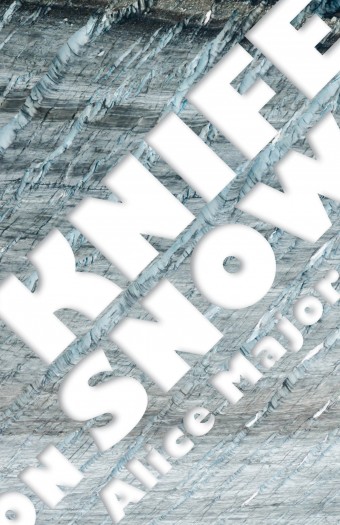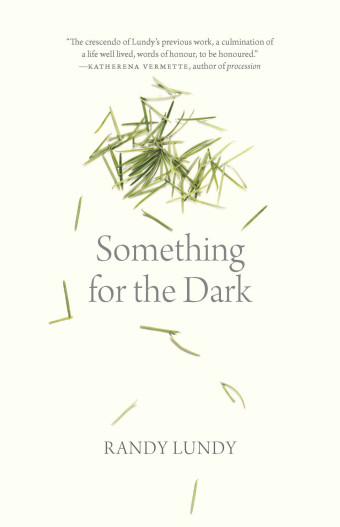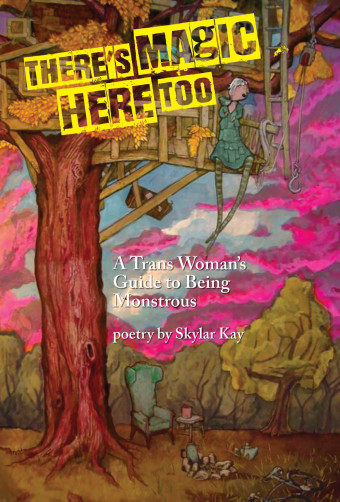Alice Major’s new poetry collection, Knife on Snow, began with the mysterious appearance of a knife in the snow of her backyard.
“Somehow this ordinary, inexplicable object on the untrodden white really spooked me. It also made me realize how much I feel this piece of property is ‘mine.’

- Knife on Snow
- Alice Major
- Turnstone Press
- $18.00 Paperback, 96 pages
- ISBN: 978-08-88017-68-0
“At the same time, I’ve become very aware that I have come to live on what’s now called Treaty 6 Territory with its long, fraught history of relations between Indigenous people and settlers,” says Major, who lives in Edmonton.
She’s been thinking deeply about how individuals fit into huge expanses of place and time.
“You arrive somewhere through an almost random set of events – almost as if you’d been dropped from the sky yourself – and then realize you’re caught up in ongoing currents that go back to ancient empires on the other side of the ocean,” she says. “So the book crystallized around being here, at this point in human history, and knowing how deeply connected we are to the past.”
The poems in Knife on Snow span millennia of Earth’s history by linking the past, present, and future. They ask: Who will we be when the end comes? What mark will we leave on this world?
The first section, “A fate for fire,” uses the Anglo-Saxon alliterative verse form to explore climate change, colonization, and the 2016 Fort McMurray wildfire. It tells a parallel story of the Norse myth of Thor and Loki battling jötnar, giants who are actually cosmic forces. For Major, her use of this style of storytelling reflects the world’s interconnectedness.
“The boreal forest is a circumpolar biome wreathing the globe, through Canada to Scandinavia and beyond. It’s massively important to Earth’s climate systems and increasingly vulnerable to fire. So it felt natural to reach across the ocean for myths that could help frame the link between forest fire and climate.”

Major also explores the proliferation of anger and its prevalence in a post-pandemic society, saying it is one of the most dangerous and over-expressed emotions in the world today, making people vulnerable to manipulation.
“For the longest time, I had a great deal of difficulty expressing anger myself – a fairly common experience for women,” she explains. “We face a constant dilemma: how to avoid the traps of being ‘made angry,’ but also how to use anger’s energy when we genuinely need to.”
Scattered throughout this collection are six different takes on the idea of apocalypse. Perhaps surprisingly, Major includes the apocalypse of aging as “an end to the current state of things.”
“I think the widespread tendency for human societies to imagine narratives about ‘end times’ may be a way of trying to cope with the existential conflict between knowing we’ll certainly die, but not knowing when our end will actually come,” she says.
But, in spite of her embrace of the end times, Major weaves optimism throughout this book.
“The world as a whole will not end,” she says. “It has been through staggering amounts of change already. Now is a worrisome moment in history, but humans are not stuck in it forever. I find this to be oddly hopeful.”













